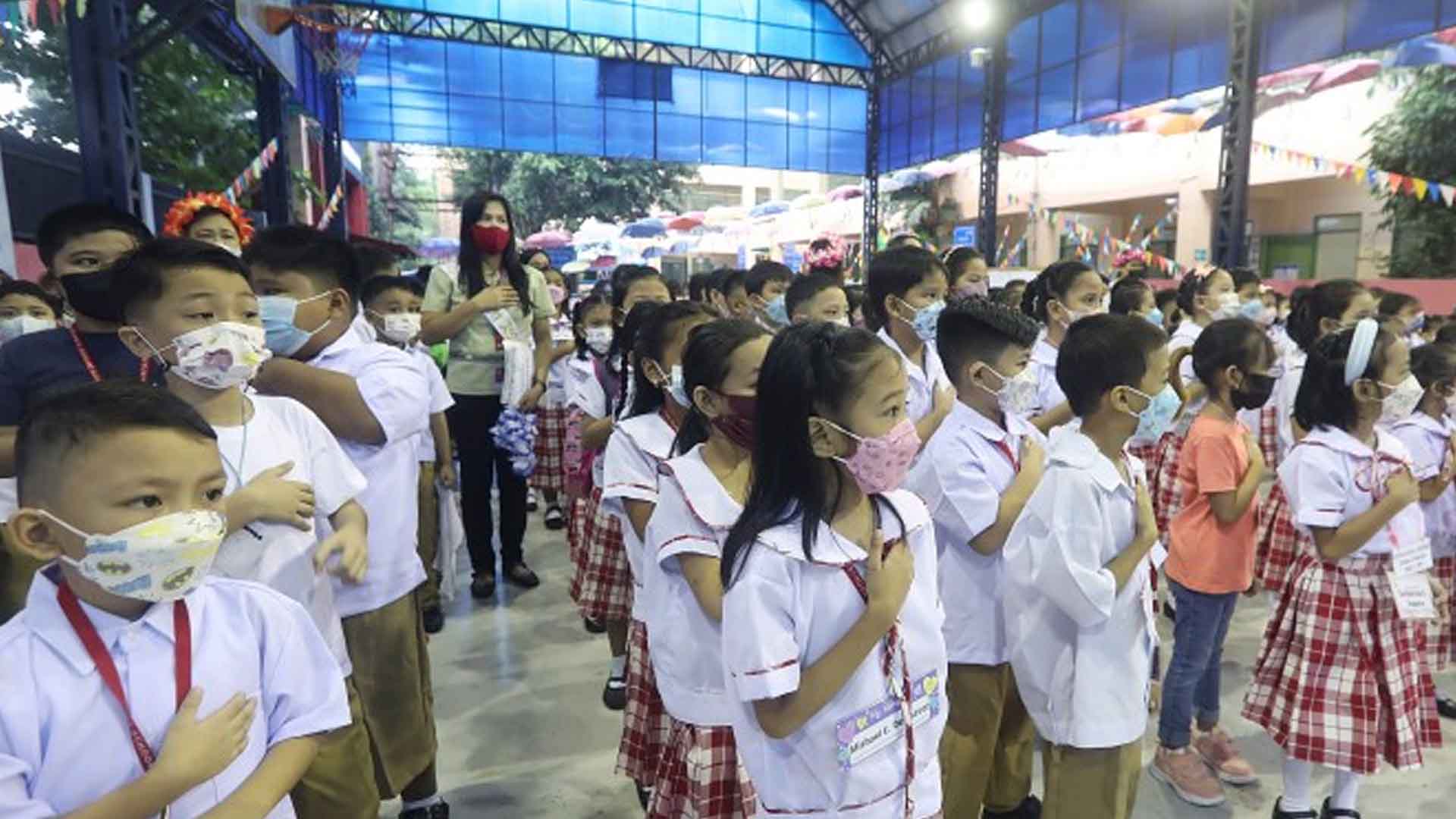The United National Children’s Fund (UNICEF) on Monday lauded the return of students to the classroom and commended the Philippine government for taking “decisive steps” to reopen in-person schooling.
In a statement on Monday, UNICEF Philippine Representative Oyunsaikhan Dendevnorov said the return of face-to-face classes is the “first of many steps” in learning recovery.
“Each day spent in the classroom is an opportunity for us to improve and chart the path to an effective, equitable, and resilient education system,” Dendevnorov said.
More than two years since the onset of the coronavirus pandemic, classes resumed Monday in public elementary and secondary schools across the country for school year 2022-2023.
Blended learning or a combination of face-to-face and online classes will be in place until October 31, while mandatory in-person classes will start on November 2.
The UNICEF said “prolonged school closures, poor health risk mitigation, and household-income shocks” had the biggest impact on learning poverty, resulting in children failing to read and understand a simple text by the age of 10.
“Vulnerable children such as children with disabilities, children living in geographically isolated and disadvantaged areas, and children living in disaster and conflict zones fare far worse,” it said.
The UNICEF also commended the Department of Education (DepEd), the Early Childhood Care and Development Council, and the Bangsamoro Region’s Ministry of Basic, Higher, and Technical Education for the return of F2F classes.
“UNICEF supports the safe reopening of all schools and early learning centers in the Philippines by providing technical assistance through guidelines and standard operating procedures, supporting the Bangsamoro education ministry, orienting local governments in reopening pre-schools, providing schools with water, sanitation, and hygiene (WASH) facilities and cleaning and disinfection kits, and conducting rapid literacy assessments and learning recovery programs,” it said.
Earlier, DepEd Spokesperson Michael Poa said the return of F2F classes in most public schools nationwide has been “orderly and peaceful.” (PNA)







